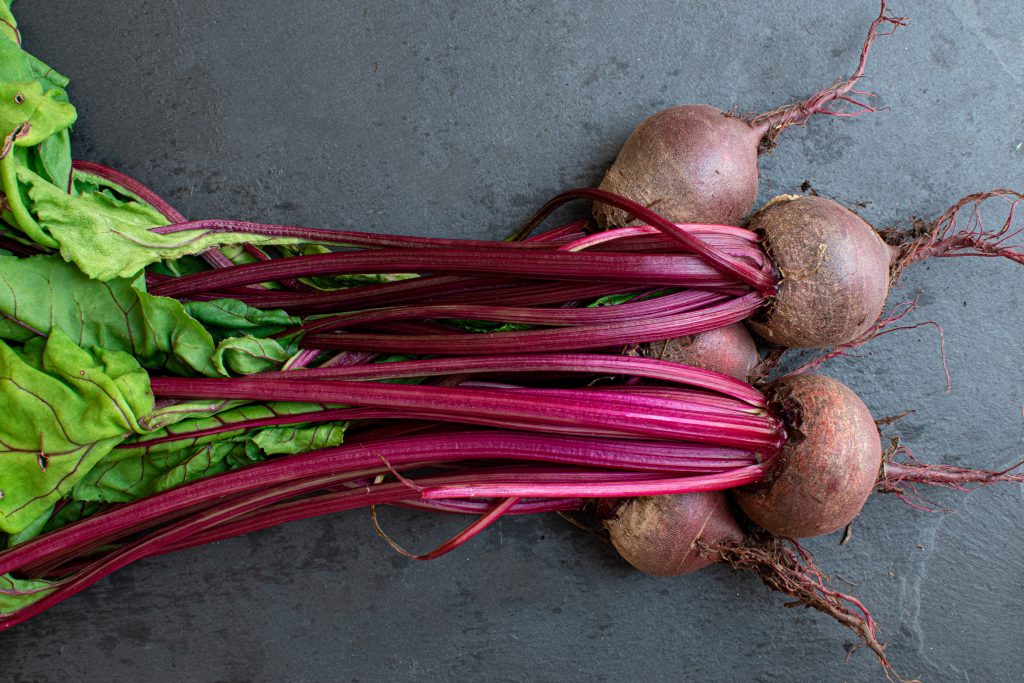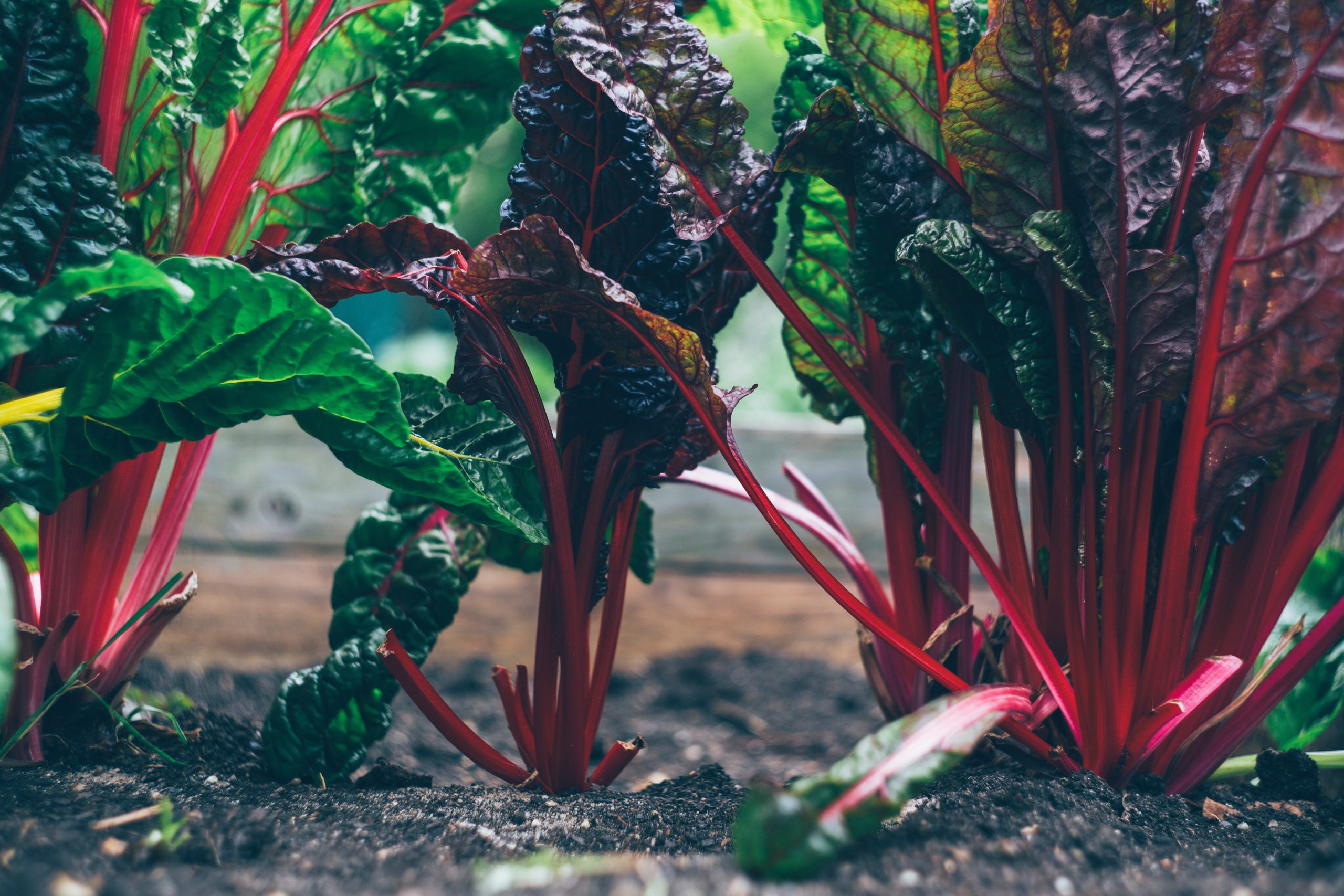Growing beetroot can be a rewarding experience, as they are a delicious and nutritious addition to your diet. Here are some steps to follow:
- Choose the right time: Beetroot is a cool-season crop and grows best in temperatures between 50-65°F. They can be grown in spring or fall, depending on your location and climate.
- Prepare the soil: Beetroot prefers well-draining soil with a pH between 6.0 and 7.5. Work the soil to a depth of about 12 inches and add compost or aged manure to improve the soil’s fertility.
- Plant the seeds: Sow the beetroot seeds directly into the soil, about half an inch deep and 1-2 inches apart. Space the rows about 12-18 inches apart.
- Water regularly: Keep the soil moist but not waterlogged, as overwatering can cause the roots to split. Water deeply once or twice a week, depending on the weather.
- Thin the seedlings: Once the seedlings have emerged and have grown a few inches tall, thin them to about 3-4 inches apart. This will give each plant enough space to develop properly.
- Fertilize: Beetroot benefits from a balanced fertilizer such as 10-10-10. Apply it according to the instructions on the label.
- Harvest: Beetroot is ready to harvest when the roots reach a diameter of about 1-3 inches. Gently pull the plants out of the soil by the greens, and cut the greens off the roots. The greens can be used in salads or cooked like spinach.
With these steps, you can successfully grow beetroot in your garden or containers. Enjoy the fresh taste of this root vegetable and the satisfaction of growing it yourself!

Beetroot is a nutrient-dense root vegetable that offers a range of health benefits. Here are some of the benefits of eating beetroot:
- Rich in nutrients: Beetroot is a great source of fiber, vitamin C, folate, potassium, and manganese. It also contains nitrates and betaine, which have been linked to improved heart health.
- Lowers blood pressure: The nitrates in beetroot can help to lower blood pressure by relaxing and widening blood vessels, which improves blood flow and reduces the workload on the heart.
- Boosts exercise performance: The nitrates in beetroot can also improve exercise performance by reducing the oxygen needed by muscles during physical activity. This can lead to improved endurance and less fatigue.
- Supports liver health: The betaine in beetroot has been shown to support liver function by helping to break down fats and supporting the liver’s detoxification process.
- Anti-inflammatory properties: Beetroot contains antioxidants and anti-inflammatory compounds that may help to reduce inflammation in the body, which is a contributing factor to many chronic diseases.
- Supports brain health: The nitrates in beetroot may also improve blood flow to the brain, which can improve cognitive function and reduce the risk of age-related cognitive decline.
- May help prevent cancer: Some studies have suggested that the betalain pigments in beetroot may have anti-cancer properties, although more research is needed to confirm this.

